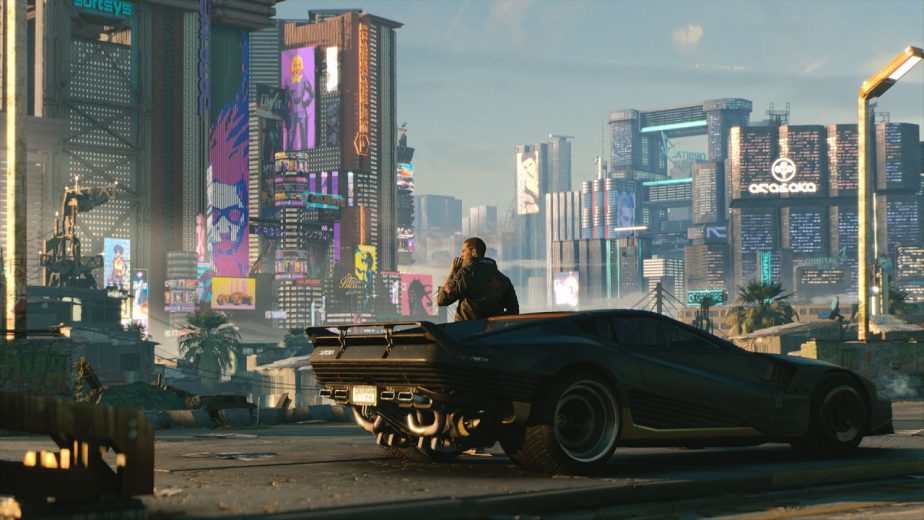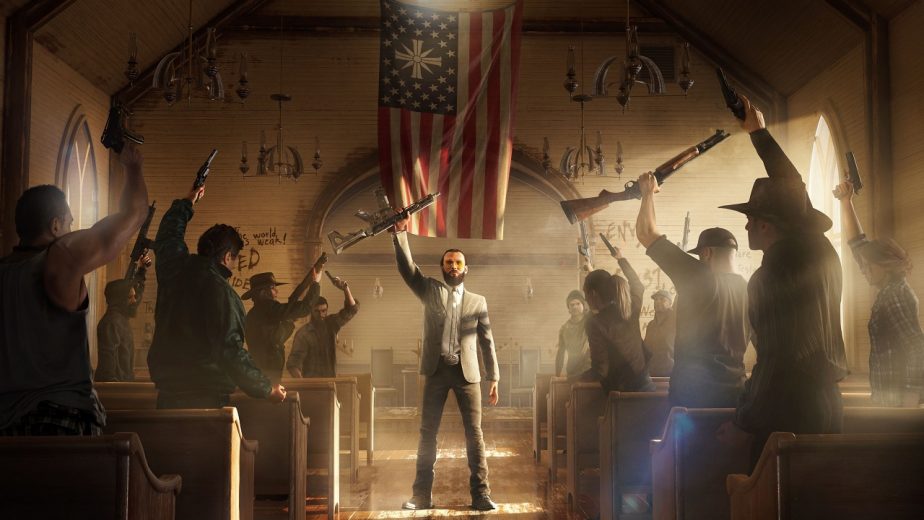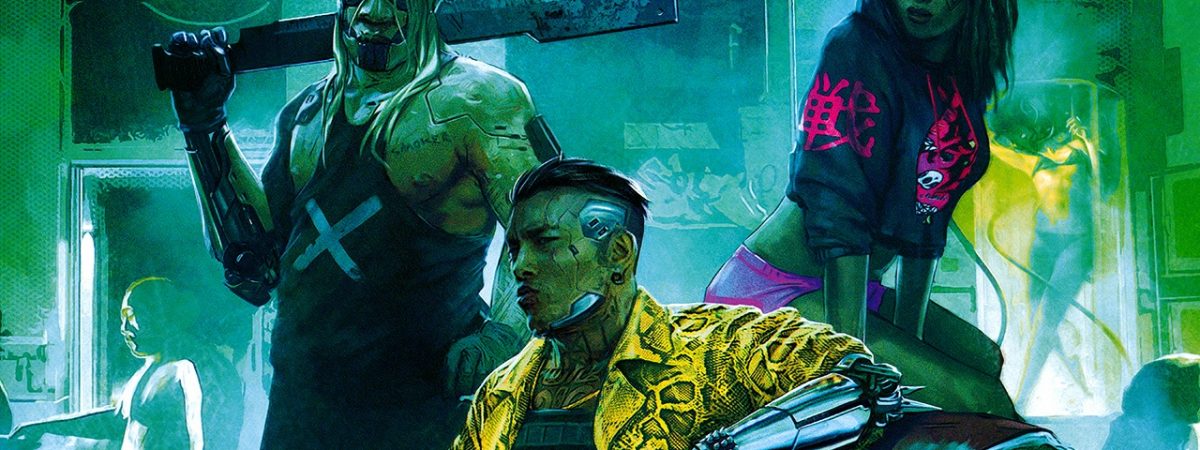Mike Pondsmith, the creator of the tabeletop RPG, Cyberpunk 2020, recently got the chance to play Cyberpunk 2077. Speaking to Polygon about his experience, he addressed criticism of a recent announcement; that quest designer Patrick Mills described the game as “inherently political“. Pondsmith feels that critics of that aspect of the game fail to understand the cyberpunk genre.
Mike Pondsmith’s Comments on Cyberpunk 2077 Themes
A number of fans were critical of Mills’ comments on Cyberpunk 2077 being political, and took to social media to voice their opinions. Pondsmith, however, was unfazed by this criticism. “Technology enables rebellion,” he explained; “it enables change. It enables people who are on the bottom of the heap to actually go up against the people on the top of the heap. … Since the time of the Egyptians there were guys on top and guys on the bottom, and that is always the story. It’s just what people do. There’s always new people fighting, and it usually ends in a bloody revolution about every forty years.”

Criticizing fans’ reaction to the news that Cyberpunk 2077 would deal with political themes, Pondsmith was clear; “Morality is Cyberpunk. I bring it down to the same guidance that I’ve given about how you write a good Cyberpunk 2020 adventure, which is, ‘it’s personal’. Everybody has an internal morality where they will or will not [go against] what they believe. … Every good cyberpunk story is about the personal morality of the people involved. Sometimes it isn’t saving the world – it’s about saving yourself and the things and people you care about, which makes it both intensely political and intensely personal.”
Overreactions to “Politics” in Gaming
Every time a game announces some political aspect, so-called fans have a tendency to rage against the developers online. In fact, this raging has a tendency to flare up well before people have enough information to form a reasoned opinion, and rarely proves accurate. When Far Cry 5 was announced, there was extremely vocal opposition from various online factions. They were furious that the game would be used as a vehicle to push what they saw as an anti-US, anti-religious political agenda. Except, of course, that it wasn’t.

That furor died down before the game actually released. It didn’t make much of a comeback when it did, either, because people had gotten carried away with their imaginings. Far Cry 5 wasn’t nearly as politically controversial as some had expected. In all likelihood, we will see a similar situation with Cyberpunk 2077.




